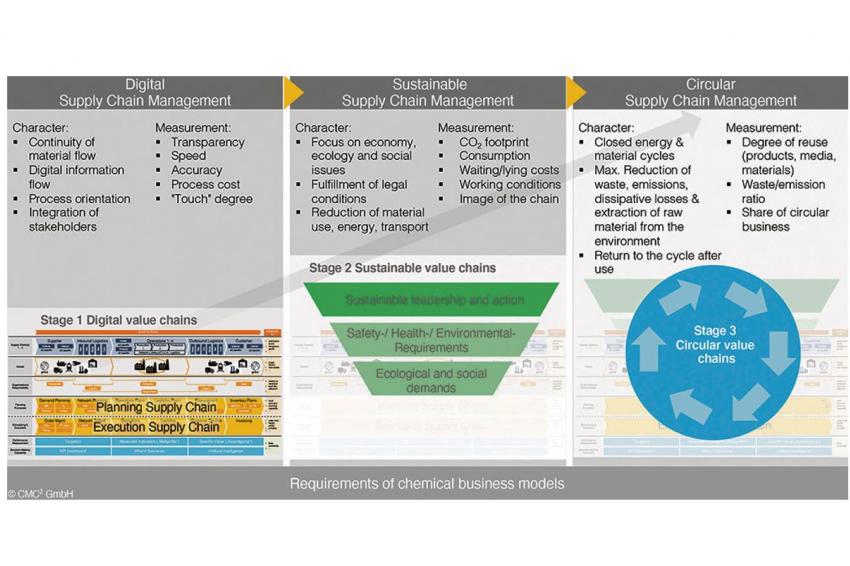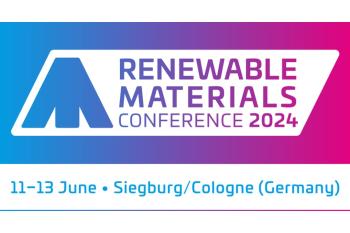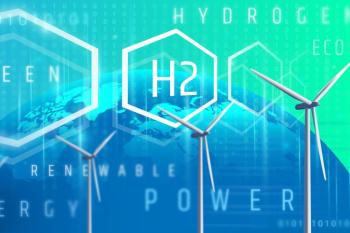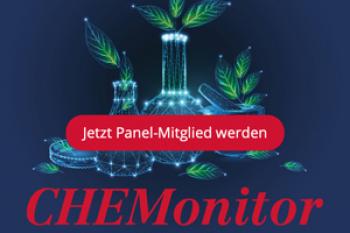Sustainable Supply Chain Management in the Chemical Industry
Managing the Turning of Linear Supply Chains into Circular
Supply chain management (SCM) in the chemical industry is particularly affected by this: scarce resources, the energy transition, and the focus on social justice with simultaneously globalized value chains lead to procurement, image, and sales risks.
The understanding of an optimized and digital supply chain can be the concrete starting point for further development with regard to the topics of sustainability and circular economy. There should be meaningful links between these three strategically important management concepts.
Classic, linear supply chain management is evolving in three stages to meet these challenges. In addition to continuous optimizations to an increasingly digital supply chain (stage 1), SHE aspects (Safety, Health and Environment) and the development to a Sustainable Supply Chain are more and more taken into account (stage 2). At the end of this development, the ideas of the circular economy are integrated into the supply chain (stage 3). The result is Circular Supply Chain Management (see figure).
Digital Supply Chain
Management (DSCM) in the Chemical Industry
Digital supply chain management encompasses both the integrated planning and control as well as the execution of all material, information and financial flows. Transparency, speed and accuracy are the effects of this optimization. This is only possible through a high level of process orientation and the integration of all stakeholders involved (suppliers, producers, customers and partners). Most companies in the chemical industry are introducing digital optimization in their supply chain. The integrated end-to-end optimization is now on the agenda and will occupy the chemical industry in the coming years.
Sustainable Supply Chain Management (SSCM) in the Chemical Industry
Many companies in the chemical industry have also already begun to focus on sustainable supply chain management. This is because a focus on sustainability in the supply chain is an essential prerequisite for the future viability of companies. For the supply chain, this means that in addition to economic criteria, ecological and social criteria must also be met by all players along the entire supply chain. This includes not only the origin and production of products, but also their use and disposal. Safety, health and environment are concrete requirements for this SSCM.
In principle, the sustainability of the supply chain begins in the company itself, in the self-image of the entrepreneur and the managers in the company. This nucleus of sustainable action must then be transferred to the functions involved in the supply chain (people, organization, technology) via targets, metrics, measures, code of conduct.
Sustainable supply chain management represents an enormous challenge, which the chemical industry is already tackling today through various initiatives. For example, the „Together for Sustainability (TfS)“ initiative — a global network of 29 chemical companies — was founded back in 2011. The aim of this initiative is to standardize supplier assessments and audits worldwide for the responsible procurement of goods and services and to improve environmental and social standards. This is based on initiatives such as the United Nations Global Compact (GC), Responsible Care Global Charter, the guidelines from the International Labor Organization (ILO), the International Organization for Standardization (ISO), Social Accountability International (SAI). In addition, there are other initiatives that promote the sustainable transformation of existing supply chains, such as the Guide to Sustainable Supply Chain Management for Medium-Sized Companies in the Chemical Industry. This was initiated by the Sustainability Initiative of the German Chemical Industry (Chemie3). Another example is the Action Plan on the Circular Economy by the European Union.
The focus of the initiatives often tends to be on suppliers/pre-suppliers. The concrete measures and the SSCM project roadmap, which refers to the planning and handling of different supply chains in the company, is a challenge for the chemical industry. A measure such as transferring the safety requirements of one‘s own production plant to the entire chain would be a concrete SSCM project (reporting chains, safety claim, equipment, availability of information). An agreement on the highest possible transparency on inventories in the supply chain would enable better planning for deliveries. This would lead to fewer ad hoc operations and increased use of less polluting means of transport. Supply chains from the supplier to the customer should be made measurable according to aspects of sustainability, in addition to the criteria of DSCM such as costs and times.
Circular Supply Chain
Management (CSCM) in the Chemical Industry
Circular supply chain management can be seen as a consistent further development of digital and sustainable supply chain management.
Circular supply chain management is derived from the circular economy (CE). Its aim is to minimize the consumption of materials and resources by closing material and energy cycles. This means that the materials used in the circular economy remain in a material cycle beyond the entire life cycle of the goods produced with them. In this way, waste, emissions, dissipative losses and the extraction of raw materials from the environment can be avoided or at least reduced. Pollution is reduced and biodiversity is protected. Aspects that characterize the Circular Economy include the reuse of goods, the recycling of materials and substances, the extended life of goods and their return to the cycle at the end of their use.
“Circular Economy is holistically successful
only if it is integrated into the entire supply chain.”
For the circular supply chain, this means that it is no longer planned and controlled only from the supplier to the customer (or the customer‘s customer), but that the disposal or reuse (recycling) and return of goods and materials must also be planned directly.
As a basis for CSCM, the solution approaches and measures of DSCM and SSCM are a very good preliminary work. Circular Economy can only be holistically successful if it is integrated into the entire supply chain.
Conclusion and Outlook
The three different ways of looking at digital, sustainable and circular chemical value chains show the urgent need to realize each stage —the sooner, the more future-proof. In practice, convincing ideas and solutions already exist for each development stage. The task now is to develop a clear roadmap in the companies, which will enable prototypes in these SCM development stages and thus new learning progress.
Authors: Carsten Suntrop, Senior Expert, and Clara Hiemer, Consultant, CMC² GmbH, Köln, Germany















